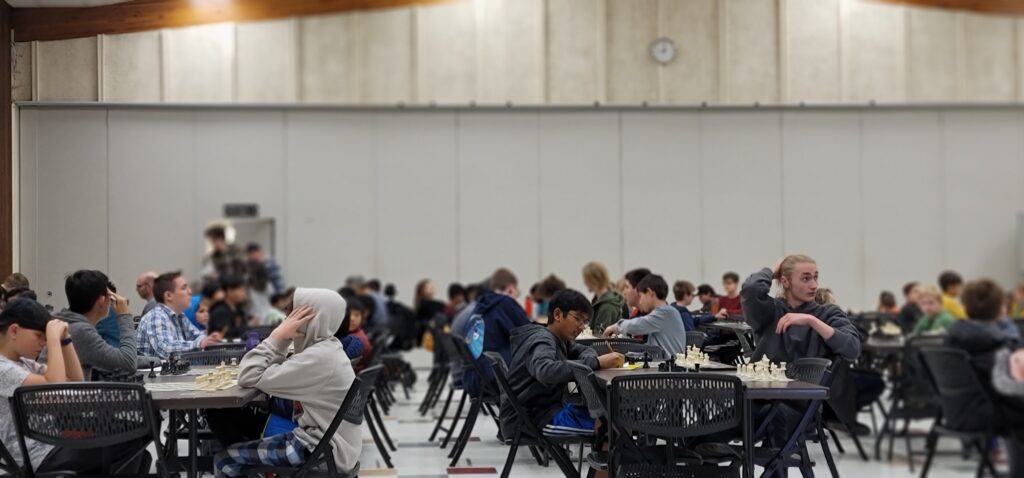The Art of Chess: A Game That Challenges Your Mind
Are you looking for an intellectually stimulating activity that challenges your mind while having fun at the same time? Look no further because the Summit School of Chess has got you covered!
Chess is not just a game; it is an art that requires strategy, critical thinking, and problem-solving skills. As the world’s most popular board game, it attracts millions of enthusiasts worldwide who are passionate about mastering the game.
Catering to All Levels: Summit School of Chess Programs
At the Summit School of Chess, we offer a comprehensive learning experience that caters to players of all levels, from beginners to advanced players. Our team of expert coaches comprises seasoned chess players who have a wealth of knowledge and experience to impart to our students.
We offer a variety of programs that cater to different needs, including private lessons, group classes, and online courses. Our curriculum covers all aspects of the game, from learning the basic moves to advanced tactics and strategies. Our students learn at their own pace, and we ensure that each student receives personalized attention and guidance.
Expert Coaches for Personalized Attention
Our chess club provides an opportunity for students to practice and compete with other players. We organize regular tournaments and events to foster a sense of community among our students and promote healthy competition.
We believe that chess is more than just a game; it is a way of life. That’s why we encourage our students to apply the skills they learn in chess to their daily lives. Chess teaches discipline, focus, and perseverance, qualities that are essential for success in any field.
Join us today and discover the joy of chess! Whether you’re looking to improve your game, meet new friends, or just have fun, the Summit School of Chess is your gateway to mastering the art of chess.
Want to learn Chess? Contact Us
Chess Camps @ Summit School of Chess
#chess #chessboard #chessgame #chessplayer #chessmoves #chessmaster #chesslover #ajedrez #chesslife #checkmate #chesspiece #chesspuzzle #chessclub #chesstactics #chessnotcheckers #schach #chesstournament #xadrez #chessislife #magnuscarlsen #echecs #chessproblems #chessset #chesspuzzles #scacchi #chessiesofinstagram #fide #grandmaster #chesslove #bhfyp

